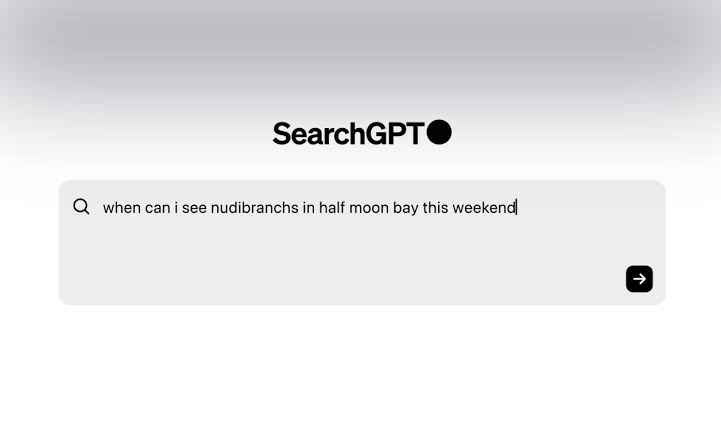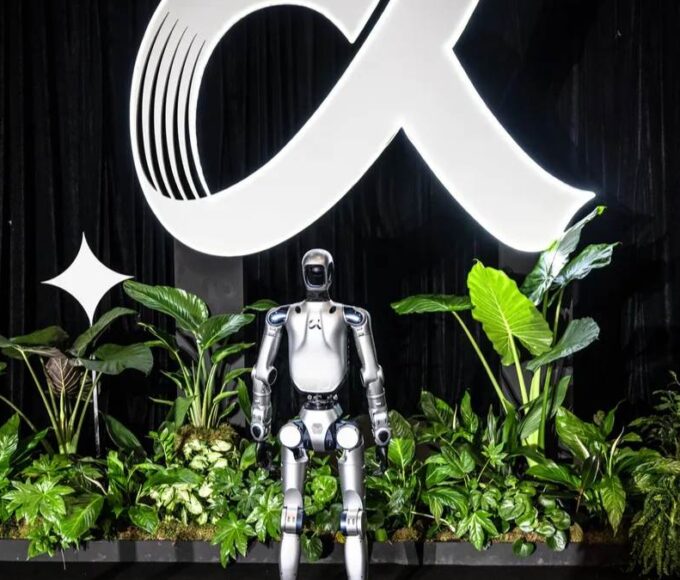OpenAI has launched its new ChatGPT Search Engine, a groundbreaking tool that combines conversational AI with traditional search functionality.
This innovative platform aims to transform how users access information, providing a compelling alternative to established search engines like Google.
Key Features
- Conversational Interaction: Users can ask questions in natural language and receive direct answers, eliminating the need to sift through multiple links.
- Contextual Awareness: The engine understands user intent and context, delivering relevant and nuanced responses tailored to each query.
- Rich Knowledge Base: Drawing from an extensive dataset, it generates comprehensive answers across various topics, akin to having an interactive assistant.
- User-Friendly Design: The intuitive interface is accessible for all users, prioritizing ease of use.
- Future Multimodal Capabilities: Upcoming updates may include features like image recognition, enhancing the search experience further.
Comparison with Google
While both ChatGPT and Google serve as information retrieval tools, they differ significantly:
- Search Methodology: Google uses algorithms to index web pages and rank them, while ChatGPT generates conversational responses based on deep learning models.
- Response Format: Google provides a list of links; ChatGPT offers direct answers, making it ideal for quick inquiries.
- Personalization: ChatGPT adapts responses based on previous interactions, while Google relies on search history.
- Accuracy and Reliability: Google excels in providing up-to-date information from verified sources, whereas ChatGPT’s accuracy may vary based on its training data.
The ChatGPT Search Engine represents a significant advancement in AI-driven search technology, offering an engaging and intuitive way to access information.
While it challenges established platforms like Google, both have unique strengths that cater to different user needs, paving the way for future innovations in online information retrieval.











